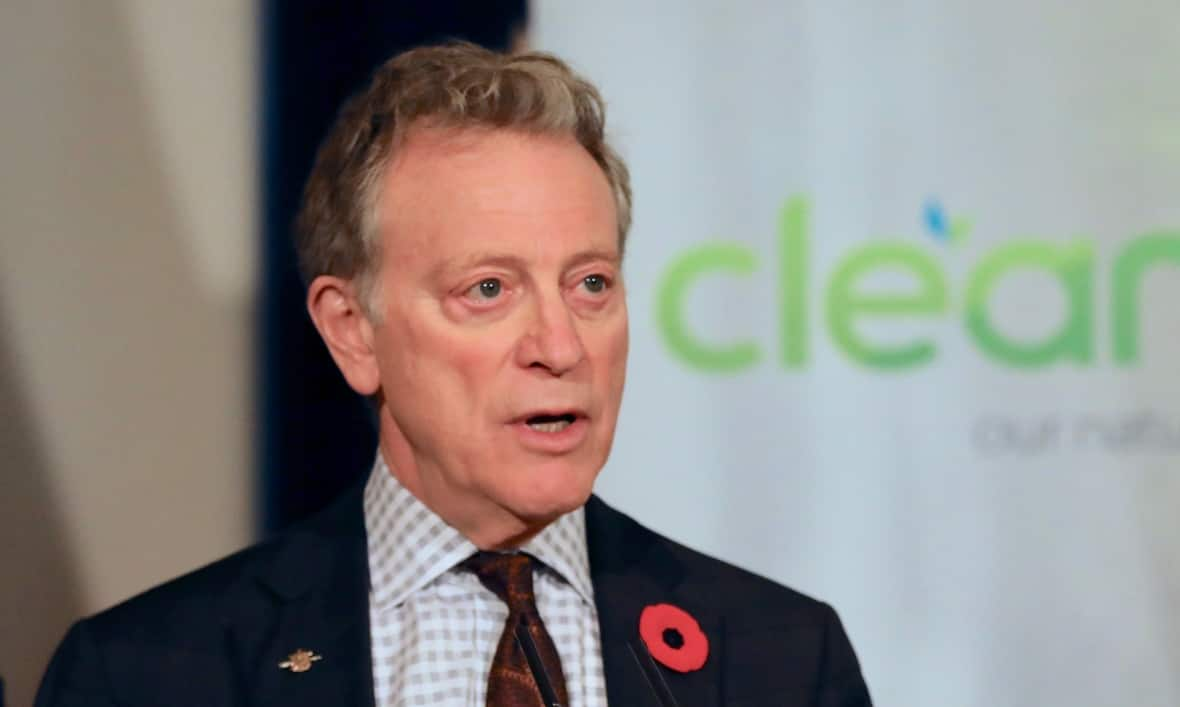Public Health Officer calls on Canada to take a public health approach to climate emergencies
OTTAWA, ON. — The global community has been facing an unprecedented rise in emergencies, from COVID-19 catastrophic weather events to the toxic drug crisis. This year alone, Canada saw an increase of (stat here) in wildfires, heatwaves, floods, and other events linked to climate change.
“These events can have a profound impact on our physical and mental health, as well as the well-being of our communities. With crises that sometimes intersect and overlap, responding to these emergencies is becoming more complex and challenging at every level of government and civil society,” the Chief Health Officer of Canada said in a public statement.
The report calls on Canadians to reflect on and reset how we think about emergencies and decries the need to address foundational conditions contributing to community resilience.
“By taking a public health approach to emergencies, guided by health promotion and equity, we can create the conditions for resilient communities. When communities are more resilient, we are better equipped to prevent, withstand, and recover from emergencies.”
The annual report comes at a prescient time, in the wake of the Provincial Climate Resilience Assessment and the AFN Climate Strategy being released. All levels of government and stakeholders are taking climate and other emergencies very seriously.
Related video: Canada says it can fight climate change and be major oil nation. Massive fires may force a reckoning (The Associated Press) Duration 3:30 View on Watch
The impacts of emergencies are not felt equally among all citizens. Marginalized communities such as the disabled, unhoused populations, those living with drug dependency, and racialized communities, along with First Nations, Inuit, and Métis communities, are disproportionately affected and are less likely to recover from public health crises and climate emergencies.
The goal of public health promotion is to provide opportunities for partnerships between communities, the public and private sectors, and government agencies to build policies and environments that advance health equity, strengthen social supports to promote social cohesion and empower communities to become active partners in emergency prevention, preparedness, response, and recovery.
Equity-centred research, evidence, and tools are central to building community resilience to emergencies.
Jacqueline St. Pierre, Local Journalism Initiative Reporter, The Manitoulin Expositor



No comments:
Post a Comment